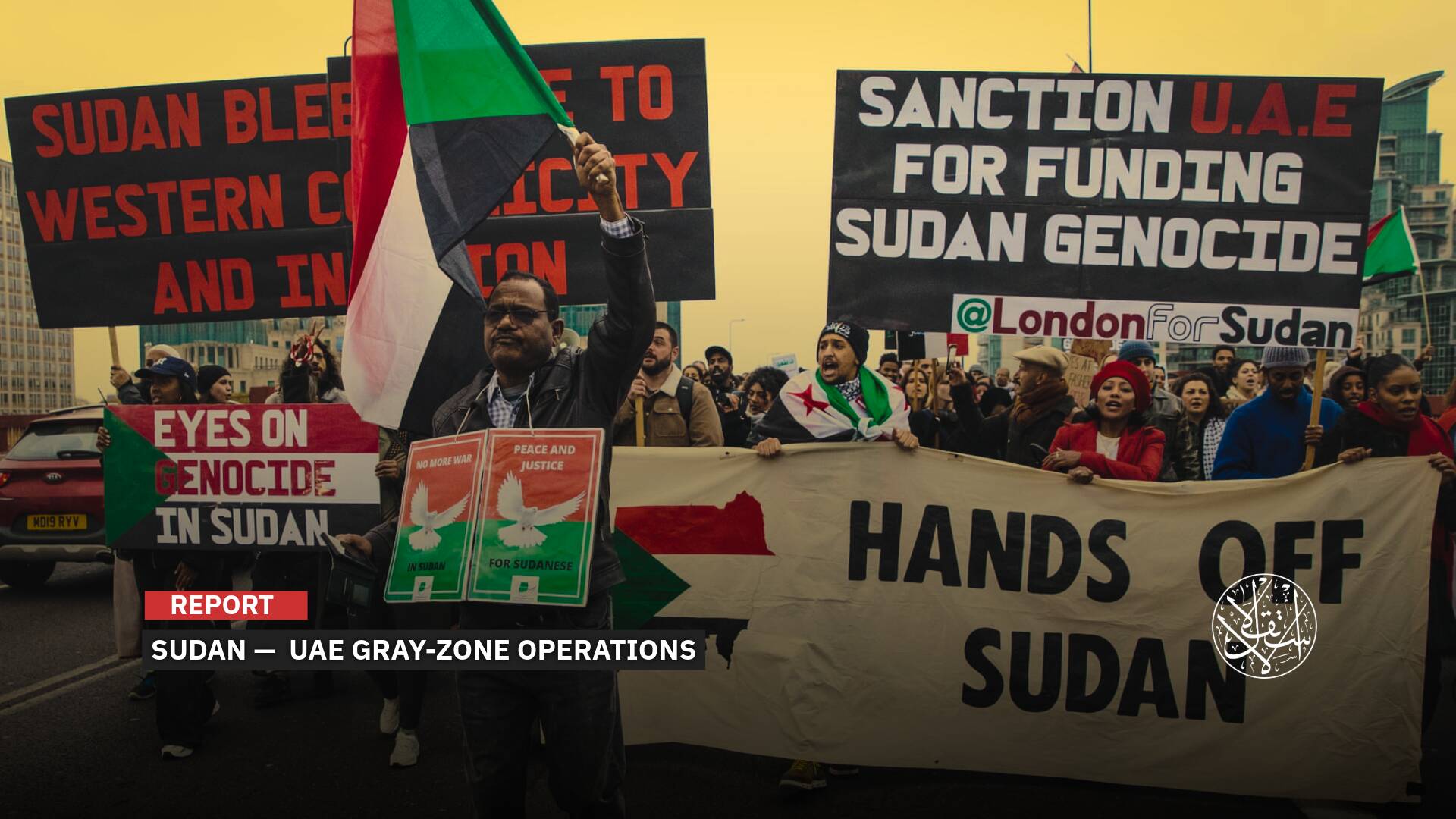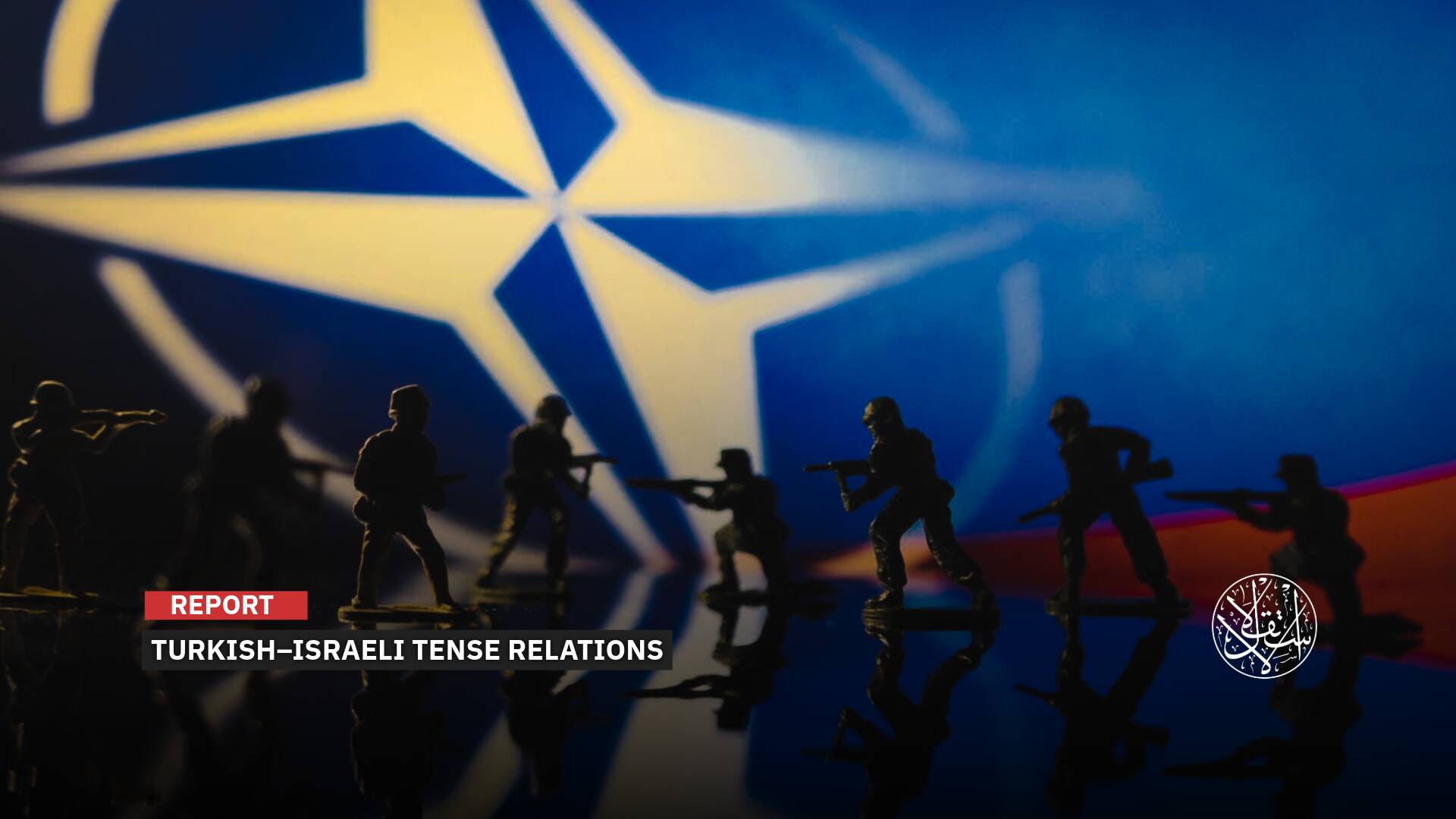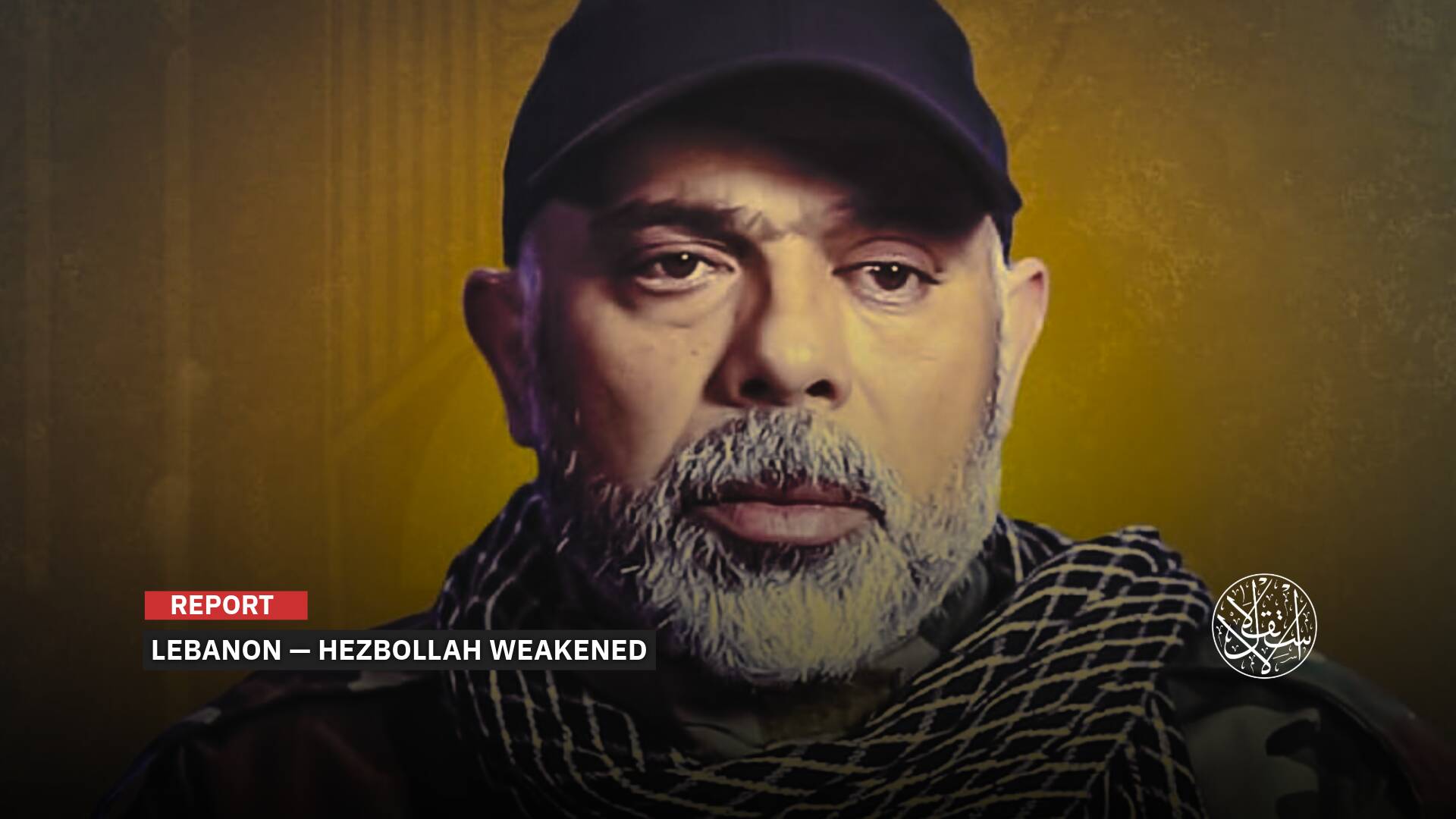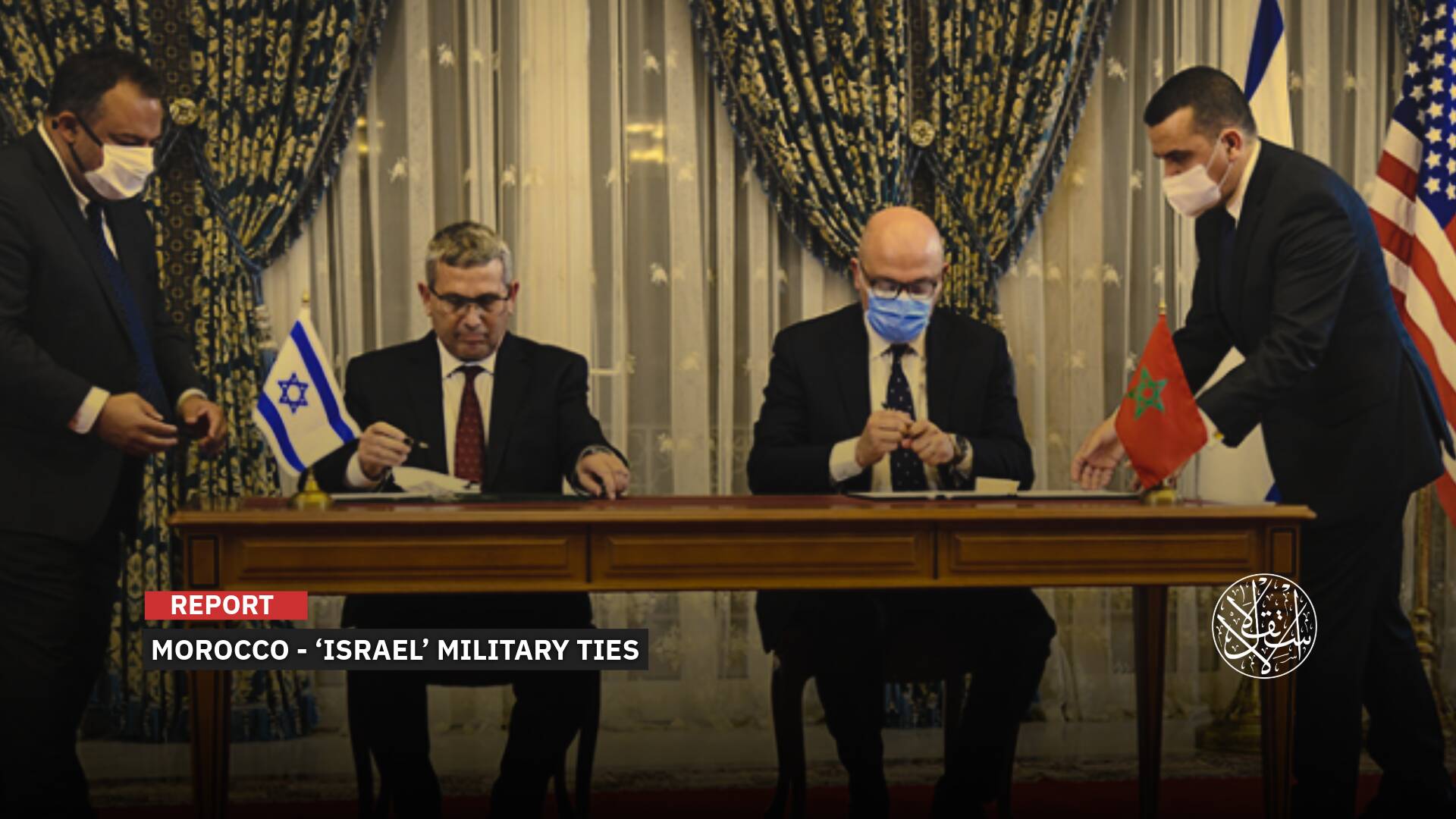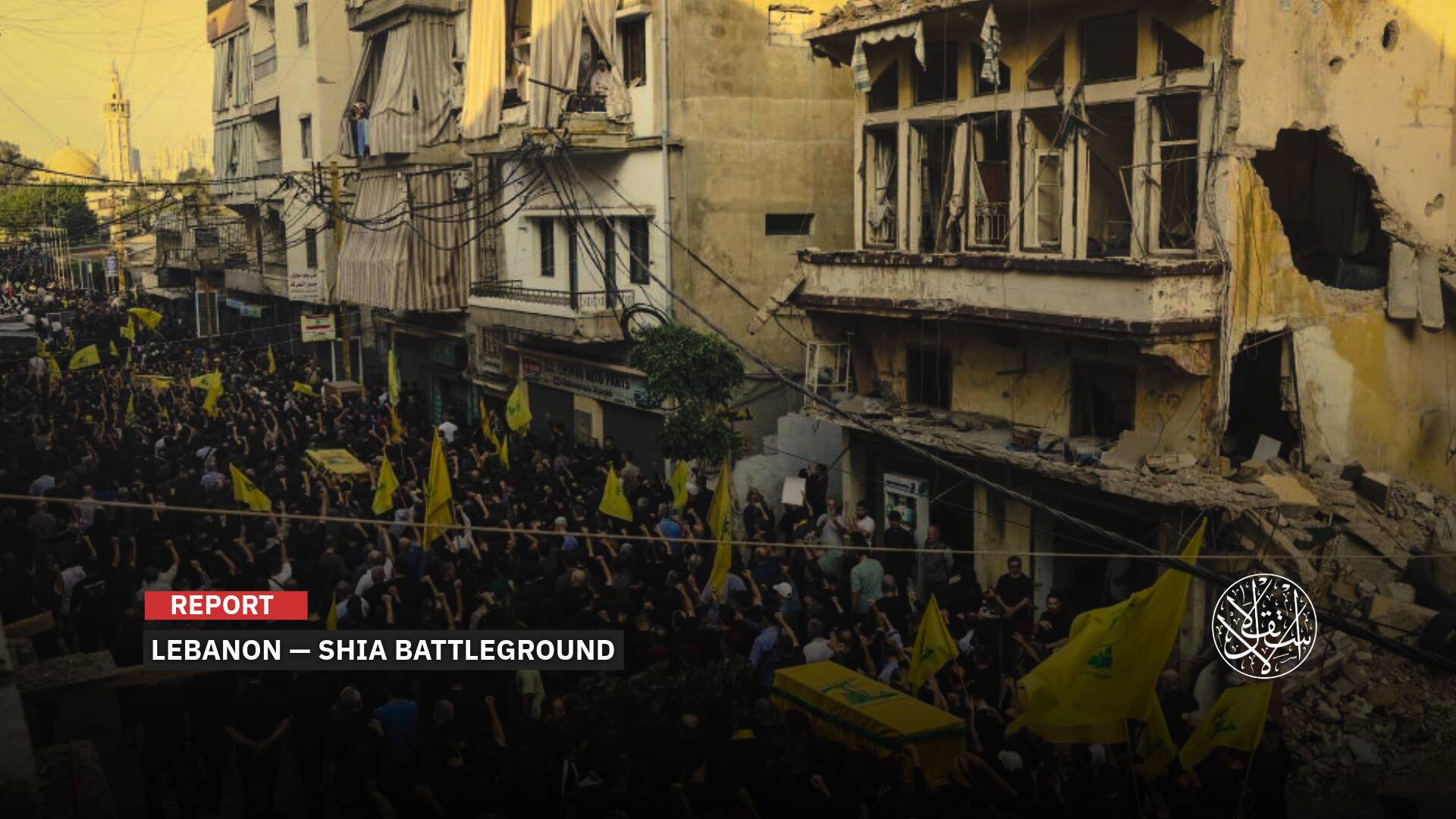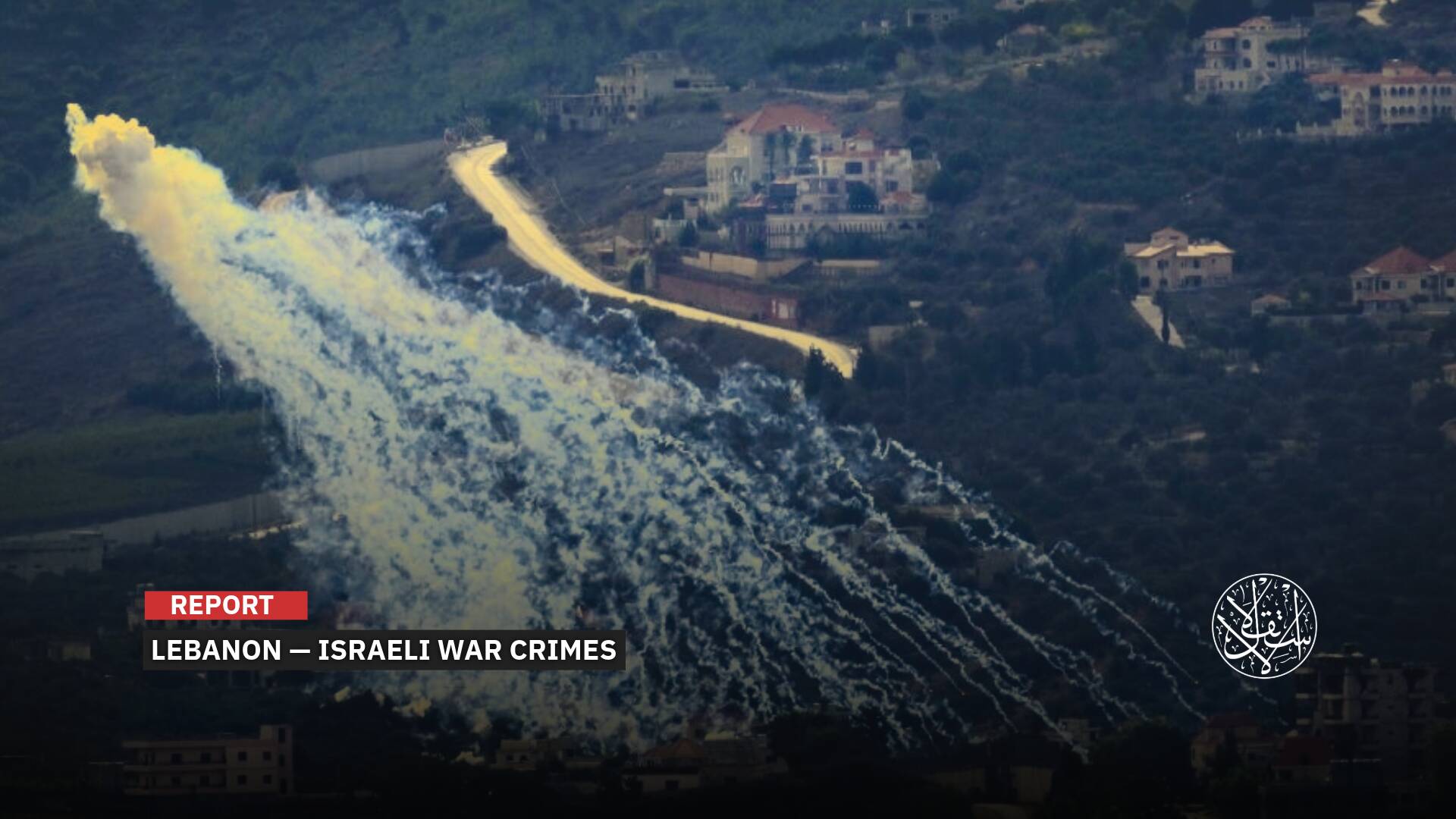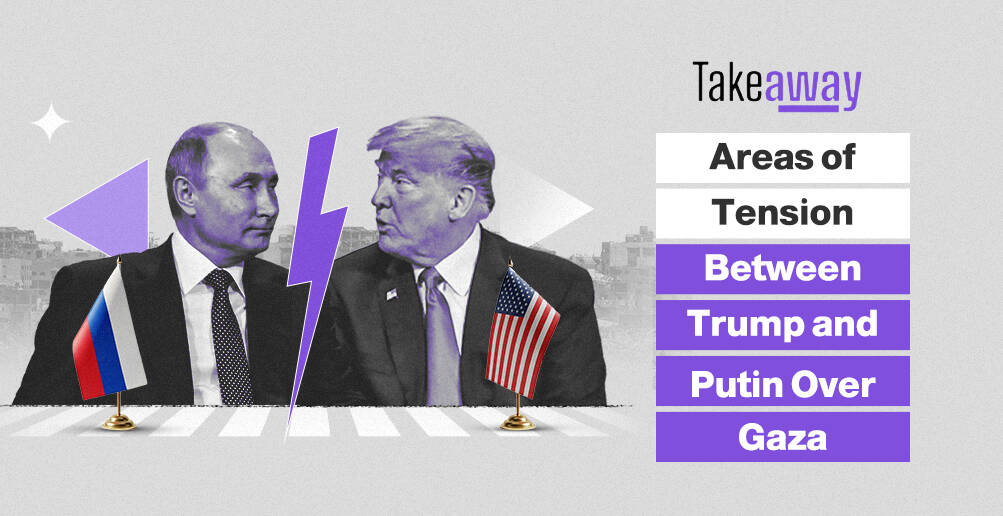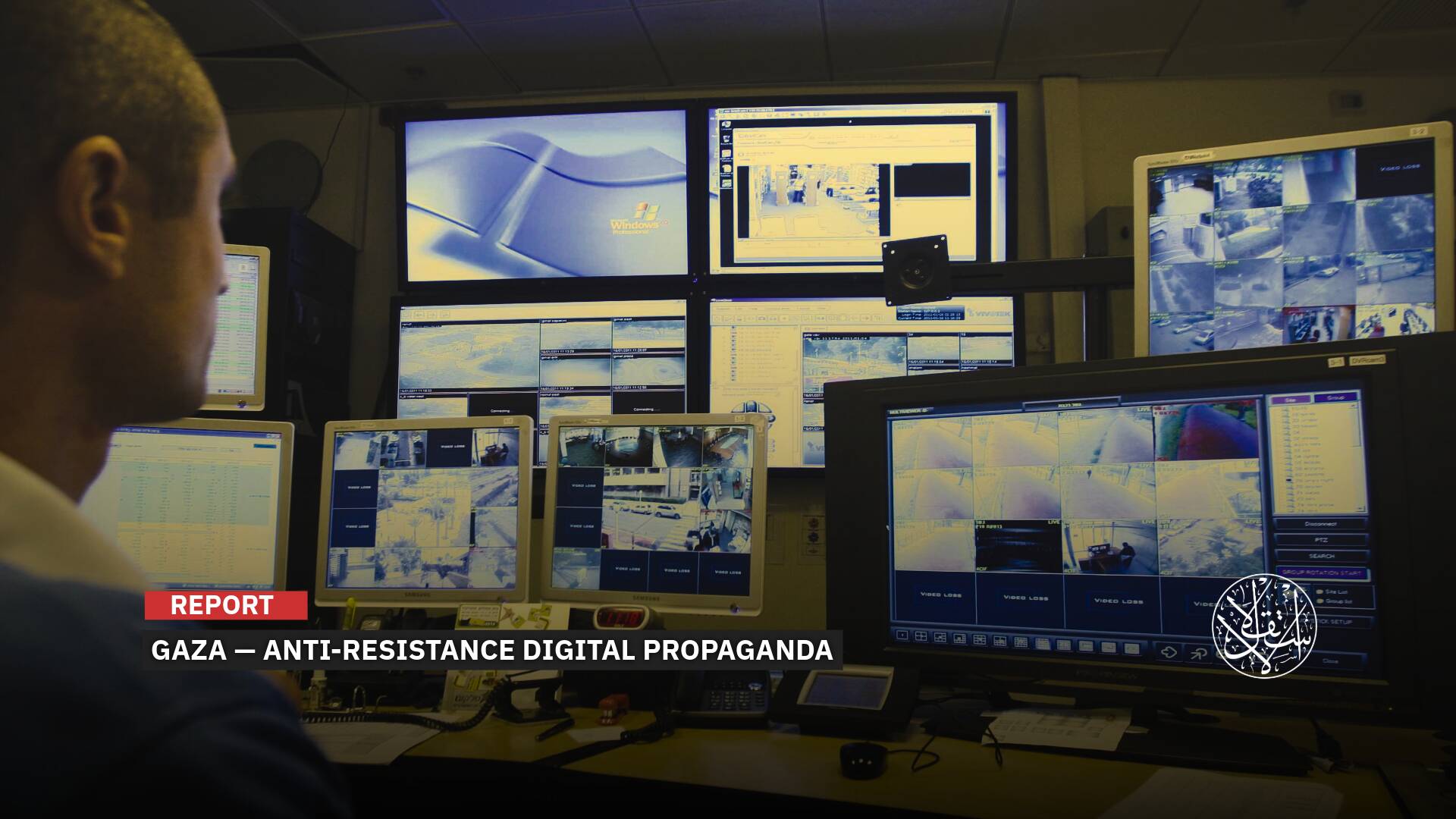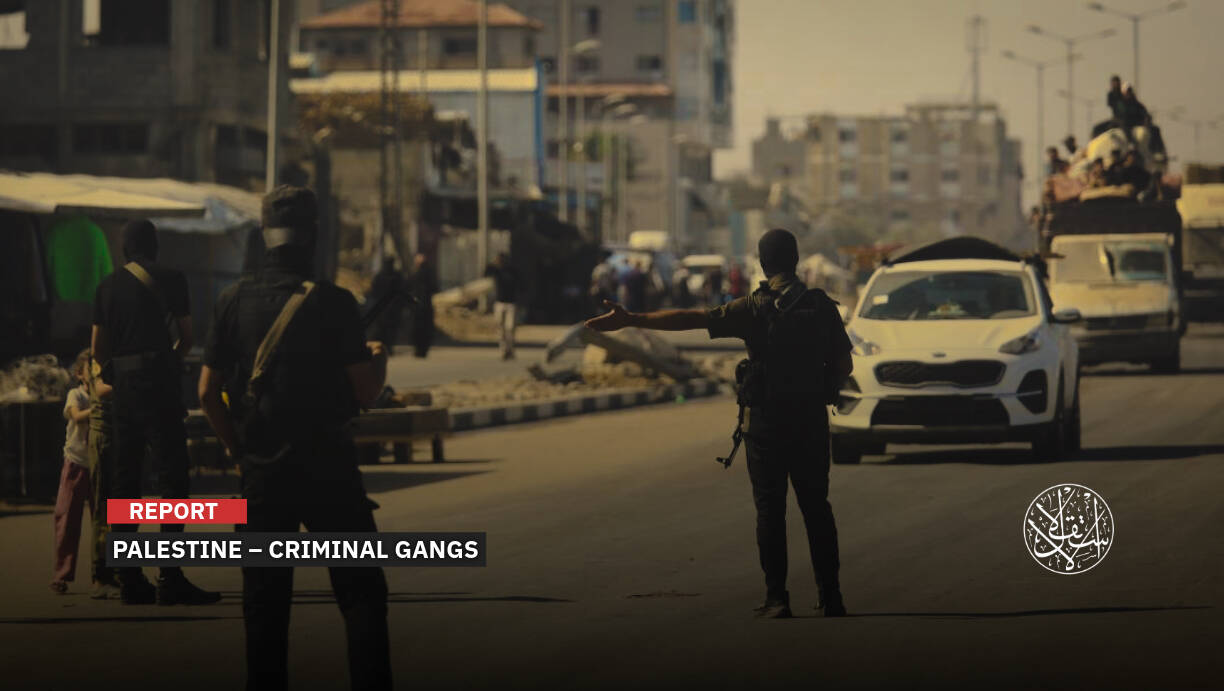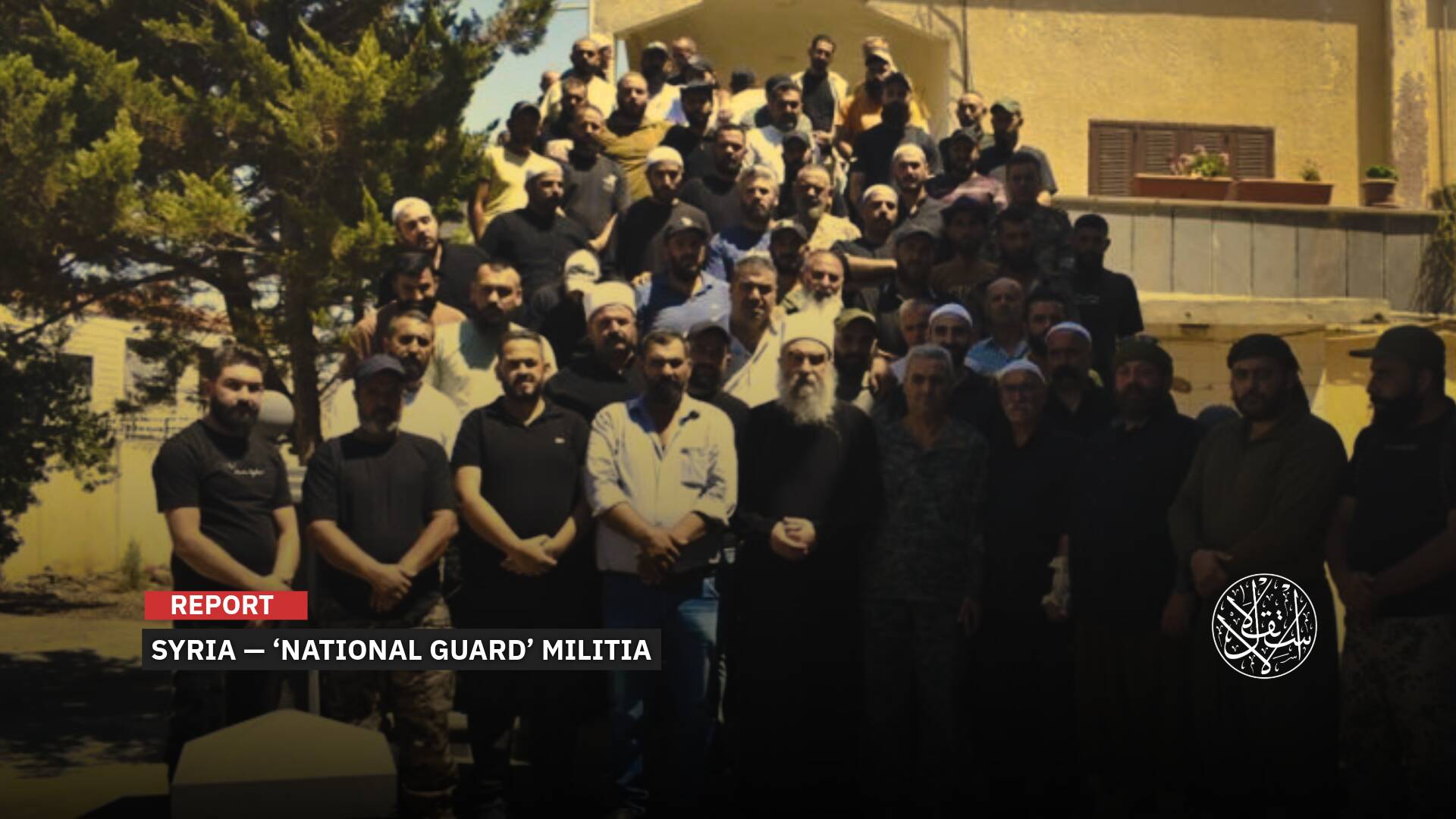After Taking Action Against Bashir, Why Is the West Silent on Hemedti’s Crimes in Darfur?

"Should Hemedti prevail in the Sudan civil conflict, he likely would welcome significant UAE influence in the large country."
The battles between the Sudanese army, armed movements, and the Rapid Support Forces led by Mohamed Hamdan Dagalo (Hemedti) have shifted from Khartoum to North Darfur, raising fears of a return to civil war with a Western intervention similar to that of 2003.
As the conflict moved to Darfur, the Rapid Support Forces militia intensified its military operations in the region, which witnessed a civil war in 2003, lasting for years and claiming over 300,000 lives, according to the United Nations.
This prompted the West at the time to intervene vigorously to condemn the regime of former President Omar al-Bashir and press for his referral to the International Criminal Court, accusing him and the Janjaweed militia (Hemedti's forces before they became the Rapid Support Forces) of violently suppressing the African tribes there.
Despite Hemedti playing a leading role in suppressing the people of Darfur and the settled African tribes (Masalit) with support from Arab tribes (Rizeigat tribe), he faced no charges from the West and dealt with everyone.
Currently, as he represses Darfurian tribes to impose his rule there, the West remains silent, despite raising hell in 2003 and accusing the Sudanese army of genocide against African tribes in Darfur with the support of the Janjaweed.
Why Darfur?
Hemedti's plan, when he attempted to seize control of Sudan on April 15, 2023, by attacking military and presidential strongholds, was to quickly take over the capital Khartoum to impose a new regime under his leadership.
However, during the complex battles with the army, Hemedti remained keen on controlling the five states of Darfur, as they served as a stronghold for the Rapid Support Forces since their inception from the Janjaweed, while the army tried to cut off the supply routes of Hemedti's militia from Darfur to Khartoum and succeeded, making it easier for them to control the majority of the capital triangle (Khartoum, Bahri, and Omdurman), Hemedti sought to complete his control over all of Darfur.
The Rapid Support Forces militia managed to control South Darfur state, followed by West Darfur state, then Central Darfur state, and East Darfur state.
Thus, they extended their control over four out of the five Darfur states, while North Darfur state remained outside the control of the Rapid Support Forces, currently embroiled in a fierce military conflict as Hemedti attempted to take control of its capital, al-Fashir.
The army began airlifting equipment heavily to North Darfur, especially the city of al-Fashir, to prevent Hemedti from controlling it and monopolizing control over all of Darfur, fearing the division of Sudan into areas under army control and others under the Rapid Support Forces, complicating the conflict.
Al-Burhan's departure from the capital and his replacement of Khartoum with Port Sudan as the capital from which he moves and resides permanently, at the beginning of the war, and the government's transfer with him to the new capital in Port Sudan, raised fears of this division early on.
The increasing influence of Hemedti's militias in Darfur and their control over large parts of it, and the bias of tribes in favor of the Rapid Support Forces, when in July 2023, the leaders of the seven largest Arab tribes in South Darfur called on all members of their tribes to join Hemedti, threatened Sudan's disintegration.
Fears escalated with Hemedti's threat to create his own system in the areas under his control.
About five months after the war broke out, the commander of the Rapid Support Forces presented his "comprehensive solution" to the conflict on August 29, 2023, advocating for a federal system of governance, considered by observers as a "sign of division."
Darfur, which represents one-fifth of Sudan's area, is home to around 85 Arab and African tribes, alongside hundreds of ethnicities.
The African population in Darfur constitutes about 60%, while Arabs make up 40%, yet they are united by Sunni Islam, according to a report by the International Red Cross.
However, Sudanese studies indicate that over 100 tribes reside in Darfur and speak over 14 local languages, in addition to Arabic, with some of these tribes extending their presence into neighboring countries bordering Sudan.
Darfur was once an independent Islamic kingdom ruled by various sultans, with the last being Sultan Ali Dinar.
Historically, Sultan Ali Dinar used to cover the Kaaba annually and provide food to large numbers of pilgrims, known to the region's inhabitants as "Sultan Ali Dinar's Qadeh" (food basket) and "Abiyar Ali."
The region had its own currency and flag, governed under a federal system where tribal leaders ruled their regions, with these federations being completely independent before the Turkish era and British colonization.
Intentional Ignorance
In the late 1990s, there was an increase in the migration of nomadic tribes, predominantly Arab, from northern Darfur to the south due to climate change and water scarcity.
This coincided with the extensive administrative restructuring by the al-Bashir regime in 1994, leading to the appointment of Arab tribes to positions of power causing resentment among settled southern tribes (mostly of African descent).
African tribes saw this as an attempt to undermine their traditional leadership roles and authority in their ancestral lands, leading them to rebellion.
Conflicts and clashes between tribes erupted in 1998 and 1999, resulting in hundreds of casualties on both sides, prompting the government to send military forces to quell the violence and appoint a military governor to oversee security in West Darfur state.
However, the African-rooted tribes, extending across the border into Chad, continued to rebel against the government's authority, citing marginalization amidst difficult economic conditions, drought, and competition from nomadic Arab tribes for their lands, pastures, and water.
In February 2003, the armed Sudan Liberation Army emerged from the Fur, Zaghawa, and Masalit tribes and attacked government targets.
Two months later, the Justice and Equality Movement appeared, jointly demanding more protection for their tribes.
At the time, Amnesty International accused both movements of committing "serious violations" against civilians and civilian villages, including holding hostages and relief workers.
Subsequently, the al-Bashir regime decided to respond militarily, especially after an attack by the Sudan Liberation Army on al-Fashir airport, where about 70 soldiers were killed, using the Janjaweed militias, who are sons of Arab tribes mainly engaged in livestock trade.
The Janjaweed militias, described by Amnesty International when they first appeared in 2003 as individuals from nomadic groups and highwaymen, began their activities in Darfur in 2003, and Hemedti established the Rapid Support Forces from them — hence they were accused of committing war crimes in Darfur.
However, Hemedti's assumption of high positions in the state, the latest being the Vice President of the Sovereignty Council, and his engagement in relations with Russia and the UAE, as well as protecting European interests, prevented Western demands for his trial with al-Bashir, and they continue to deal with him until now.
The Rapid Support Forces were restructured in 2013 by the Security and Intelligence Apparatus, and separate regular forces were established, reporting directly to the president and expanding their activities beyond Darfur to encompass almost the entire Sudan.
A Strange Paradox
The current paradox is that the Arab tribes, who previously stood alongside the Janjaweed and supported them with the army against rebel movements that emerged in Darfur in the late 1990s, defending African tribes, have now largely turned to declare their support for the Rapid Support Forces.
In contrast, the former armed rebel movements, now recognized after peace agreements following the overthrow of al-Bashir and the arrival of al-Burhan, announced their alignment with the army against Hemedti's militia and subsequently the Arab tribes allied with them, after previously fighting against the army.
On July 6, 2023, a video surfaced showing leaders of seven Arab tribes in Darfur State (western Sudan) calling on their followers to join the Rapid Support Forces and leave the army. This raised questions about whether the Arab tribes in Darfur will change the balance of power and thus the course of the ongoing war in Sudan, according to Agence France-Presse.
Four months after this announcement, the Justice and Equality Movement, led by Finance Minister Gibril Ibrahim, and the Sudan Liberation Movement, led by Darfur Governor Minni Minawi, announced their participation in the fighting alongside the army.
Ibrahim and Minawi held a press conference in Port Sudan in the east of the country, announcing their departure from neutrality and participation alongside the army in military operations currently taking place in Khartoum and several areas of Darfur and Kordofan provinces.
Then, the leader of the Sudan Liberation Movement, Mustafa Tembour, joined them and announced his support for the army against the Rapid Support Forces.
The Sudan Liberation Movement was founded in Darfur in 2002 and initially known as the Darfur Liberation Movement, with membership initially limited to members of the Fur tribe. However, it experienced divisions in 2005, leading to the emergence of several armed factions.
Among the armed factions in the Darfur region that split from the mentioned movement is the Sudan Liberation Army, led by Khamis Abbakar, who belongs to the Masalit tribe.
The Justice and Equality Movement was established in 2001 by members of the Zaghawa tribe and began its military activities, undergoing several divisions, the first of which was in 2004.
This led to the emergence of the National Movement for Reform and Development, the Justice and Equality Movement (field leadership), and the Justice and Equality Movement (peace wing).
Currently, these three armed movements are fighting alongside the army against Hemedti's militia, the Rapid Support Forces, in Darfur.
North Darfur State witnessed the first direct clashes between the Rapid Support Forces and some of these armed movements after these movements abandoned neutrality and decided to participate in the fighting alongside the army.
The army there is trying to prevent Hemedti from controlling North Darfur and its capital, al-Fashir, as he attempts to assert his control over the last of the five provinces of Darfur.
The strategic importance of the city of al-Fashir lies in its position as the main center for the leaders of armed movements in the region. Additionally, its geographic location is vital, bordered by Chad to the west and northwest by Libya, which enhances its significance as a convergence point for interests and conflicts, with each party striving to gain control over it.
In September 2023, Rapid Support Forces mobilized their fighters to attack the city of al-Fashir, the historical capital of the region, which was independent from Sudan until 1916. However, they retreated after reaching agreements with the leaders of armed movements who were previously neutral.
However, in March 2024, following the change of stance by the Justice and Equality Movement and the Sudan Liberation Movement, the two leading movements in Darfur, declaring their support for the army, the Rapid Support Forces announced their military campaign to control North Darfur State.
Due to experts' anticipation of the difficulty of Rapid Support Forces' control over al-Fashir, these forces redirected their focus towards the strategically important al-Jazirah State in central Sudan, which they seized, allowing them to extend the conflict to new central states such as Sennar and al-Qadarif.
The army and its allies from armed movements are launching attacks on the Rapid Support Forces in several battlefronts in al-Jazirah State, aiming to regain control over the state, which hosts the largest gravity-fed irrigation agricultural project in the world.
Bordering the Darfur region are four countries: Libya, Chad, the Central African Republic, and South Sudan, which seceded from Sudan in 2011. The Sudanese army has accused Chad of supplying weapons from the UAE to Hemedti's forces and turning its territories into a supply center for rebel forces.
The Silence Mystery
Despite the U.S. and European statements condemning the events in Darfur, warning against attacks by Hemedti's forces, and prominent members of Congress urging President Joe Biden to impose sanctions on Hemedti, they have not raised a significant crisis about the current situation as they did in 2003. This silence hints at their vested interests in what is happening there.
Darfur region is rich in resources, including gold, uranium, and petroleum, in addition to vast livestock and agricultural lands. Western countries seek to separate it from Sudan as part of their "divide and conquer" plans to weaken Sudan, similar to what they did when South Sudan seceded, aiming to control its resources, especially since Hemedti seeks full control over the region.
This prompted Agence France-Presse on April 20, 2024, to reveal that the conflict in Sudan goes beyond the two leaders, Burhan and Hemedti, involving external allies and parties in the region and the world."
It pointed out foreign intervention and each party's attempt to use the network of allies it has built over the years to gain support.
This is due to Sudan's strategic position overlooking the Red Sea and its rich natural resources, being the third-largest gold producer in Africa, prompting various regional and international powers to seek to meet their interests and exert influence in the region.
Hemedti possesses a strong economic card, as his forces manage, according to the European Council on Foreign Relations, several gold mines in the country.
Due to the Rapid Support Forces' significant control, led by Hemedti, over mining areas and gold, these international forces covet cooperation with him and arming him for both utilitarian and ideological reasons, such as combating Islamist groups.

The Western and American eagerness to intervene in the humanitarian crisis in Darfur and their outcry against ethnic cleansing there in 2003, under the pretext of a supposed ethnic war between Arab and African tribes, raised questions. Does the anticipated intervention relate to Western interests or the country's oil resources?
Given that all residents of Darfur are Muslims and all tribes there are Muslim, whether Arab or African, at a rate of 99%, there is no meaning to the European Union's intervention under the pretext of ethnic or religious cleansing!
Further, Western intervention in Darfur in 2003 was associated with European relief organizations with a Western intelligence agenda operating strongly in this region, spreading a culture of division between African-origin Muslims and Arab-origin Muslims, with a clear evangelical goal.
Sudanese experts say there are clear Western and American ambitions in Sudan in general, especially in its oil and mineral wealth, with a desire to seize them. To achieve this, the West supports the secession of various parts of Sudan and backs dubious rebels to secure its interests.
The late Prime Minister Sadiq al-Mahdi revealed in 2003 that 17 European kitchens (referring to parliaments of 17 European countries) were discussing Sudan's affairs under pressure from influential evangelical and human rights organizations in Europe.
This reveals a desire to intervene in Sudan's affairs and spread falsehoods about extensive racial conflicts between Arab and African Muslims in Darfur.
A study by the Soufan Center, a center for political research and analysis, on March 11, 2024, points to the UAE's efforts in Sudan to support non-governmental actors (Hemedti) for the UAE's interests.
It confirms that Abu Dhabi prioritizes these interests above national unity, stability, and commitment to international human rights standards in Sudan, where it arms and funds the Rapid Support Forces led by Hemedti in its power struggle with the army.
"Should Hemedti prevail in the Sudan civil conflict, he likely would welcome significant UAE influence in the large country," the study confirms.
Sources
- IntelBrief: The UAE Builds Its Strategic Position in East Africa
- Will the Arab tribes in Darfur change the course of the war in Sudan? [Arabic]
- What is happening in al-Fashir, the capital of the Darfur region? 6 points reveal the real situation [Arabic]
- Sudan: Russia, Italy, Israel, Egypt - who are Al-Burhan and Hemedti's allies? [Arabic]


